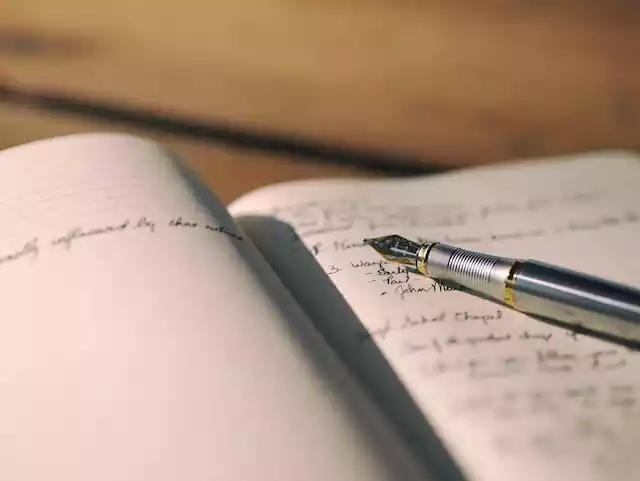How to Study the Most in a Day?
Studying effectively isn’t merely about cramming in the most hours; it’s about high-quality focus and engagement with the material.
In this article, we will look at some strategies to maximize your learning potential in a day without overwhelming yourself.
Table of Contents
How to Study the Most in a Day?
1. Planning and Prioritization
a) Identify Your Goals
Setting clear objectives is the first step. What specific information or skills do you want to master?
This helps prioritize topics and prevents feeling overwhelmed.
b) Create a Schedule
Breaking down study material into manageable chunks and allocating time for each is crucial.
Use timers to stay on track and avoid exhausting marathon sessions.
c) Prioritize Your Subjects
Focus on the most important or challenging topics first. Devote more time and energy to these areas, leaving less complex subjects for later review.
2. Active Learning Techniques
a) Engage with the Material
Avoid passive reading. Take notes, summarize concepts in your own words, create flashcards, or even teach the material to someone else.
b) Use Diverse Resources
Explore textbooks, videos, online resources, and practice problems.
Different perspectives can solidify your understanding of the subject.
c) Test Yourself
Take practice quizzes, attempt mock exams, or explain concepts out loud to yourself. Identifying knowledge gaps helps you focus your study efforts.
Read on: How to Remember What You Read for Exams (Effective Tips)?
3. Maintaining Focus and Energy
a) Find a Distraction-Free Environment
Turn off your phone, silence notifications, and choose a quiet, well-lit space for concentration.
b) Take Breaks
Schedule short breaks every 50–90 minutes. Stretch, walk around, grab a snack, or do something unrelated to studying.
This prevents burnout and refreshes your focus.
c) Stay Hydrated and Eat Well
Providing your brain with essential fuel is crucial for optimal performance. Stay hydrated and consume nutritious foods throughout the day.
d) Get Enough Sleep
A well-rested mind is key for efficient learning. Aim for 6–8 hours of sleep per night.
4. Remember: Quality Over Quantity
It’s better to study effectively for a shorter time than to slog through hours of unfocused work.
5. Listen to Your Body
Don’t push yourself too hard. If you’re feeling tired or unfocused, take a break or call it a day.
6. Reward Yourself
Celebrating achievements and making studying enjoyable is crucial. Find small ways to motivate yourself and maintain momentum.
Wrap Up
As a wrap up, following these strategies and prioritizing your well-being, can help you make the most of your study time and achieve your learning goals.
Remember, it’s not just about studying the most in a day, but about studying effectively and consistently over time.
FAQs
- Can I study for long hours without breaks? It’s not recommended. Short breaks enhance focus and prevent burnout.
- What’s the best time to study during the day? Choose the time when you feel most alert and focused.
- How can I make studying more enjoyable? Set small goals, use colorful materials, and incorporate interactive study methods.
- Is it okay to study with background music? It depends on personal preference. Some find it helpful, while others may get distracted.
- Can I substitute sleep with more study time? No, adequate sleep is crucial for memory consolidation and overall well-being.





